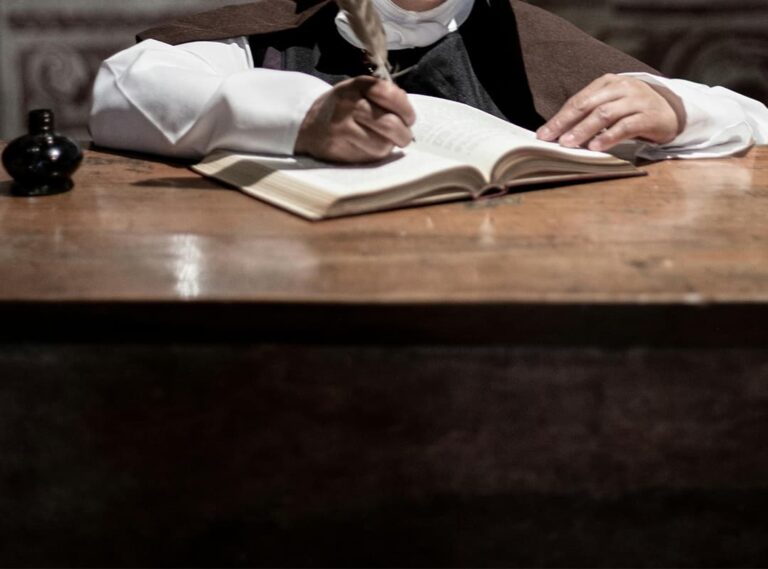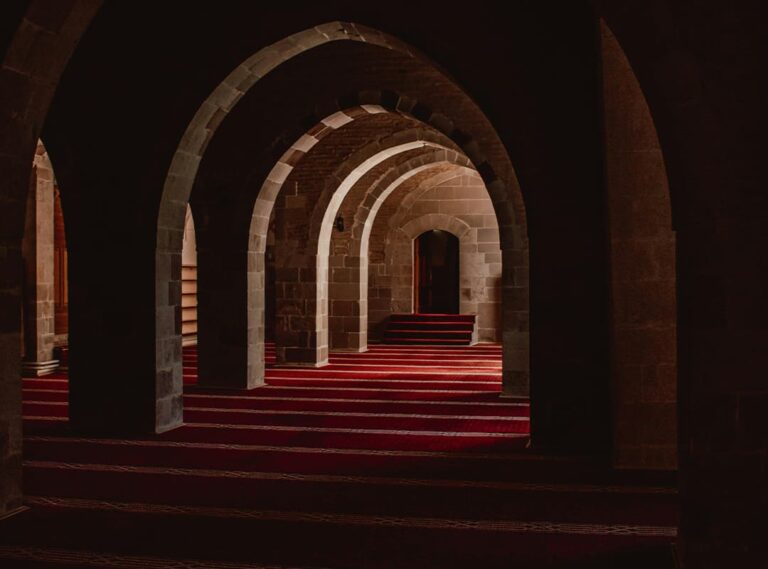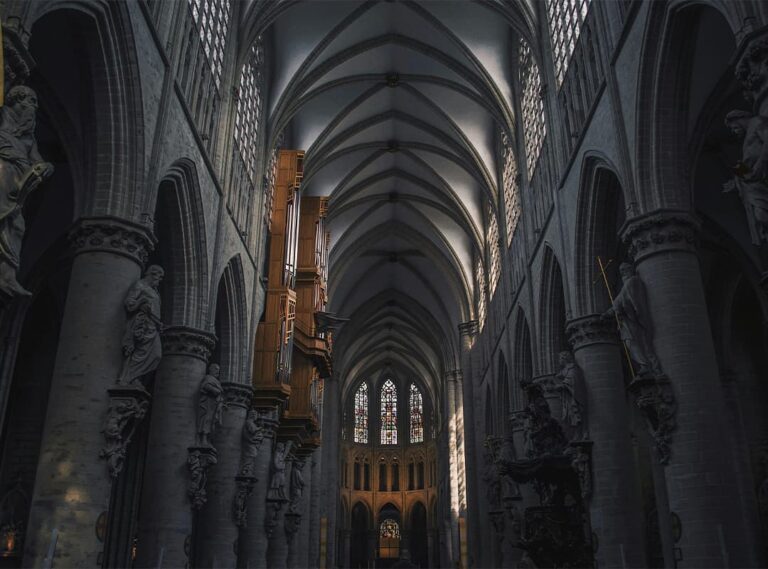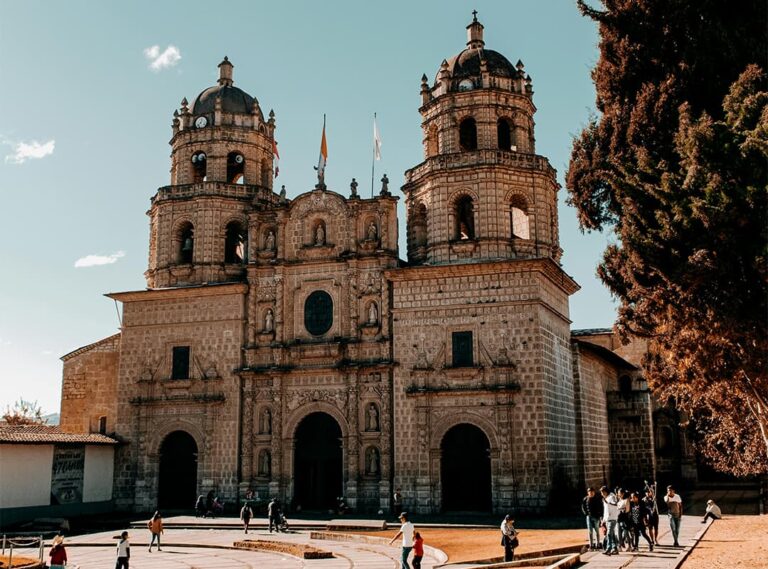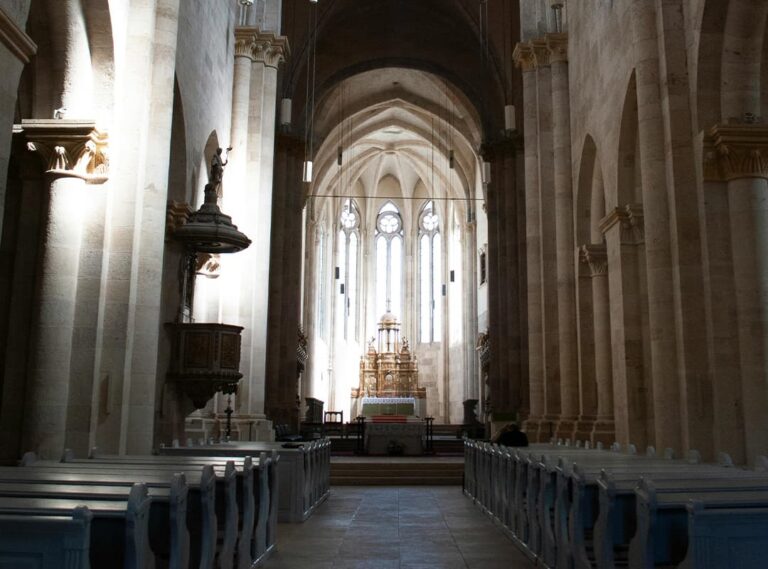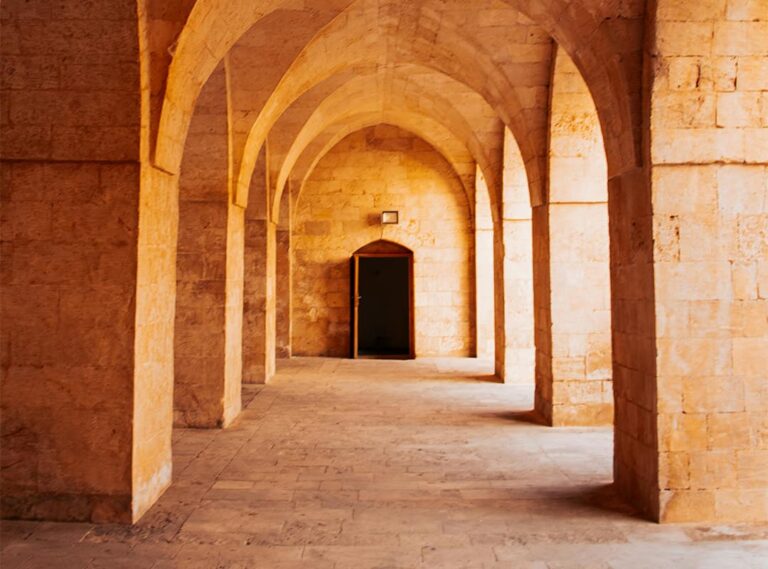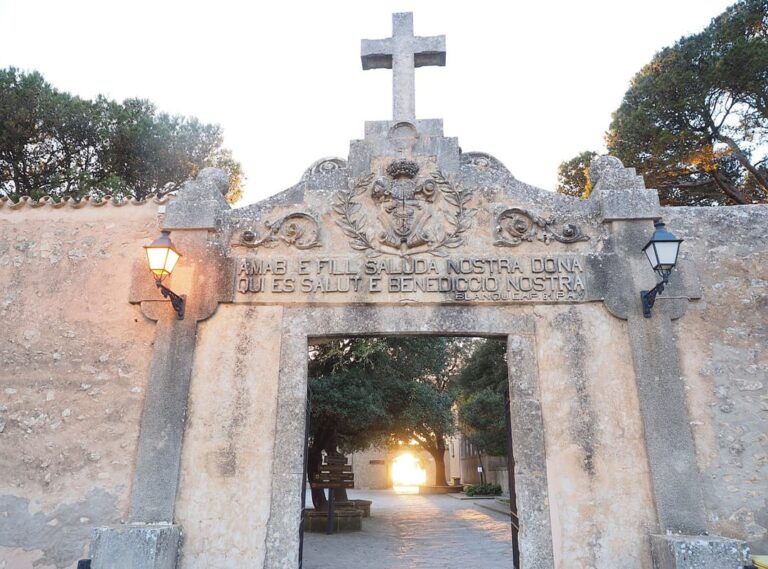The Franciscan Order, founded by Saint Francis of Assisi in the early 13th century, has produced a remarkable number of saints and blesseds who embody the Order’s core values of humility, service, and devotion. These individuals have made significant contributions to the Church and the world, reflecting the deep spirituality and commitment to serving others that define Franciscan life. This article explores some of the most notable saints and blesseds of the Franciscan Order, and how their legacy is commemorated in sacred spaces like the Madonna shrine, as well as the impact of symbols such as the Black Madonna in their spiritual heritage.
Notable Saints of the Franciscan Order
- Saint Francis of Assisi
- Life and Legacy: The founder of the Franciscan Order, Saint Francis of Assisi (1181/1182–1226), is one of the most venerated saints in Christian history. Known for his deep connection with nature, commitment to poverty, and love for all creation, Saint Francis’s life exemplifies the Franciscan ideals of humility and service. His teachings and the Order he established continue to inspire millions around the world.
- Saint Clare of Assisi
- Life and Legacy: A close companion of Saint Francis and the founder of the Poor Clares, Saint Clare of Assisi (1194–1253) dedicated her life to living out Franciscan values. She is celebrated for her devotion to poverty, prayer, and her role in establishing a contemplative order for women that has had a lasting impact on religious life.
- Saint Anthony of Padua
- Life and Legacy: Known for his powerful preaching and deep knowledge of Scripture, Saint Anthony of Padua (1195–1231) is one of the most beloved Franciscans. His miracles and teachings made him a prominent figure in the Church, and he is often invoked in prayers for lost items and spiritual guidance.
- Saint Bonaventure
- Life and Legacy: Saint Bonaventure (1221–1274), a major theologian and philosopher, played a crucial role in shaping Franciscan theology. As a Cardinal Bishop of Albano and General Minister of the Order, his writings and reform efforts greatly influenced the development of the Franciscan intellectual tradition.
- Saint Maximilian Kolbe
- Life and Legacy: Saint Maximilian Kolbe (1894–1941), a 20th-century Franciscan martyr, is remembered for his self-sacrificial act of offering his life in place of another prisoner in Auschwitz. His profound commitment to the Immaculate Virgin Mary and his efforts in promoting the Catholic faith continue to inspire contemporary Christians.
Notable Blesseds of the Franciscan Order
- Blessed John Duns Scotus
- Life and Legacy: A prominent Franciscan scholar and theologian, Blessed John Duns Scotus (1266/1267–1308) is known for his contributions to Scholastic philosophy and theology. His nuanced arguments on the nature of universals and his defense of the Immaculate Conception remain influential in theological discussions.
- Blessed Margaret of Cortona
- Life and Legacy: Blessed Margaret of Cortona (1247–1297), a Franciscan tertiary, is recognized for her dramatic conversion from a life of sin to one of profound penance and service. Her dedication to the poor and the sick, along with her mystical experiences, have earned her a place of honor among the blessed.
- Blessed John of Fiesole (Fra Angelico)
- Life and Legacy: Fra Angelico (1395–1455), also known as Blessed John of Fiesole, was a Dominican friar and renowned painter whose works are celebrated for their spiritual depth and beauty. His art, which includes many Franciscan themes, reflects his commitment to religious life and devotion.
The Madonna Shrine and Spiritual Symbolism
- Madonna Shrine
- Significance: The Madonna shrine, often dedicated to the Virgin Mary, serves as a place of pilgrimage and reflection for the faithful. These shrines are significant in Franciscan spirituality, as they symbolize devotion to Mary and the intercession of the Mother of God in the lives of believers. Many Franciscan communities maintain shrines that honor the Virgin Mary, reflecting the Order’s deep reverence for her role in salvation history.
- Black Madonna Pope
- Symbolism: The Black Madonna, such as the Black Madonna of Częstochowa, is a revered icon in Christian tradition. This image of the Virgin Mary with dark skin is honored for its miraculous reputation and historical significance. The Black Madonna is often associated with various papal endorsements and has been a focal point of spiritual devotion across different cultures and traditions.
The Franciscan Legacy in Art and Spirituality
The legacy of Franciscan saints and blesseds is reflected not only in their lives and teachings but also in the artistic and spiritual expressions associated with their veneration:
- Artistic Depictions
- Franciscan saints and blesseds have been depicted in numerous artworks throughout history, from medieval frescoes to Renaissance paintings. These artworks capture the essence of their spiritual journey and contribute to the broader understanding of Franciscan spirituality.
- Spiritual Inspiration
- The lives of Franciscan saints and blesseds continue to inspire and guide the faithful. Their commitment to poverty, humility, and service serves as a model for living out the Gospel message in daily life.
The saints and blesseds of the Franciscan Order exemplify the profound impact of Franciscan spirituality on the Church and the world. Their lives of holiness, service, and devotion continue to inspire and challenge Christians to live out their faith with integrity and compassion. The presence of symbols such as the Madonna shrine and the Black Madonna serves to deepen the spiritual connection between the faithful and these revered figures, reflecting the enduring legacy of Franciscan devotion. Through their example and the ongoing celebration of their lives, Franciscans remain a powerful witness to the transformative power of faith and service.

